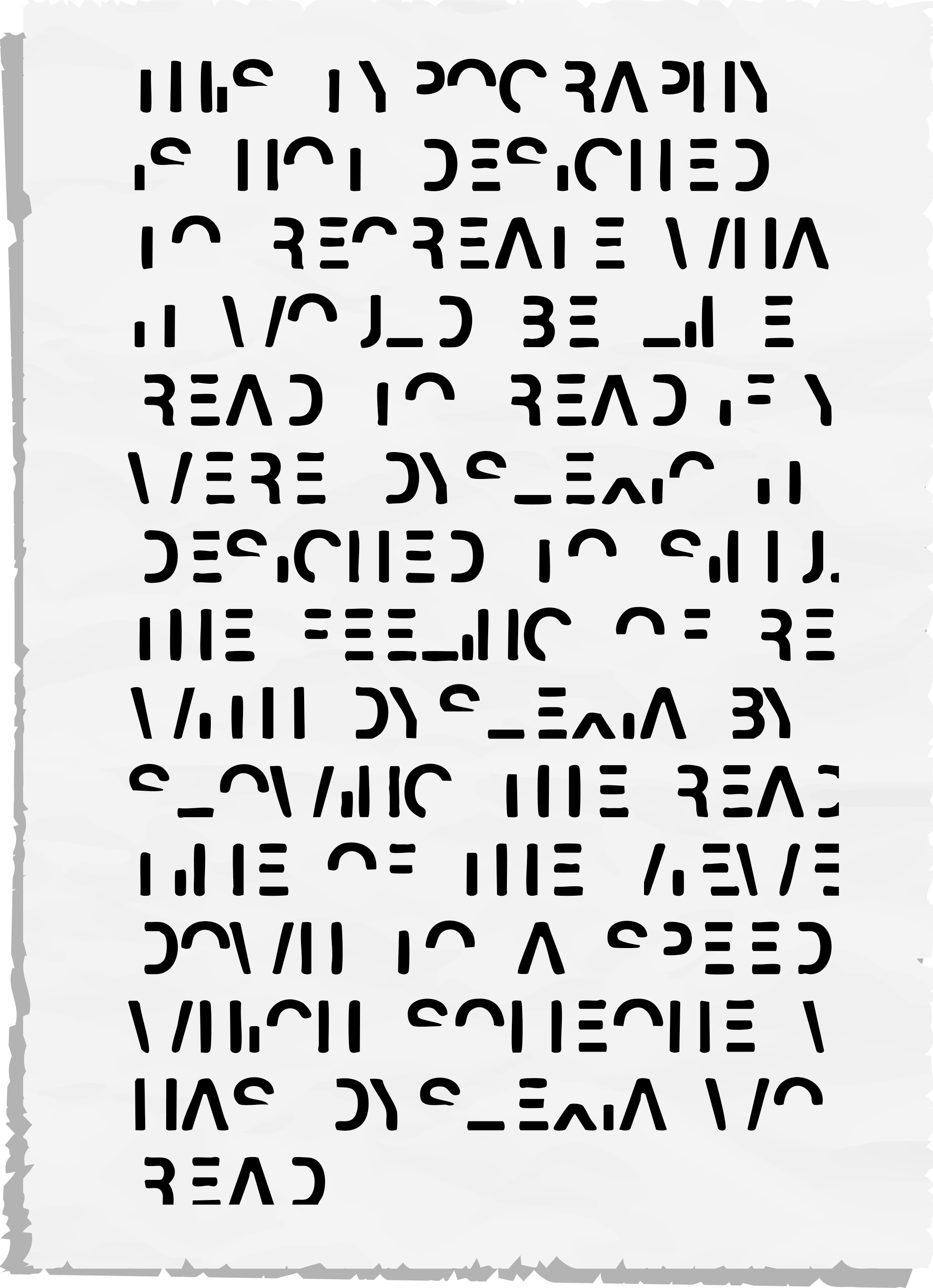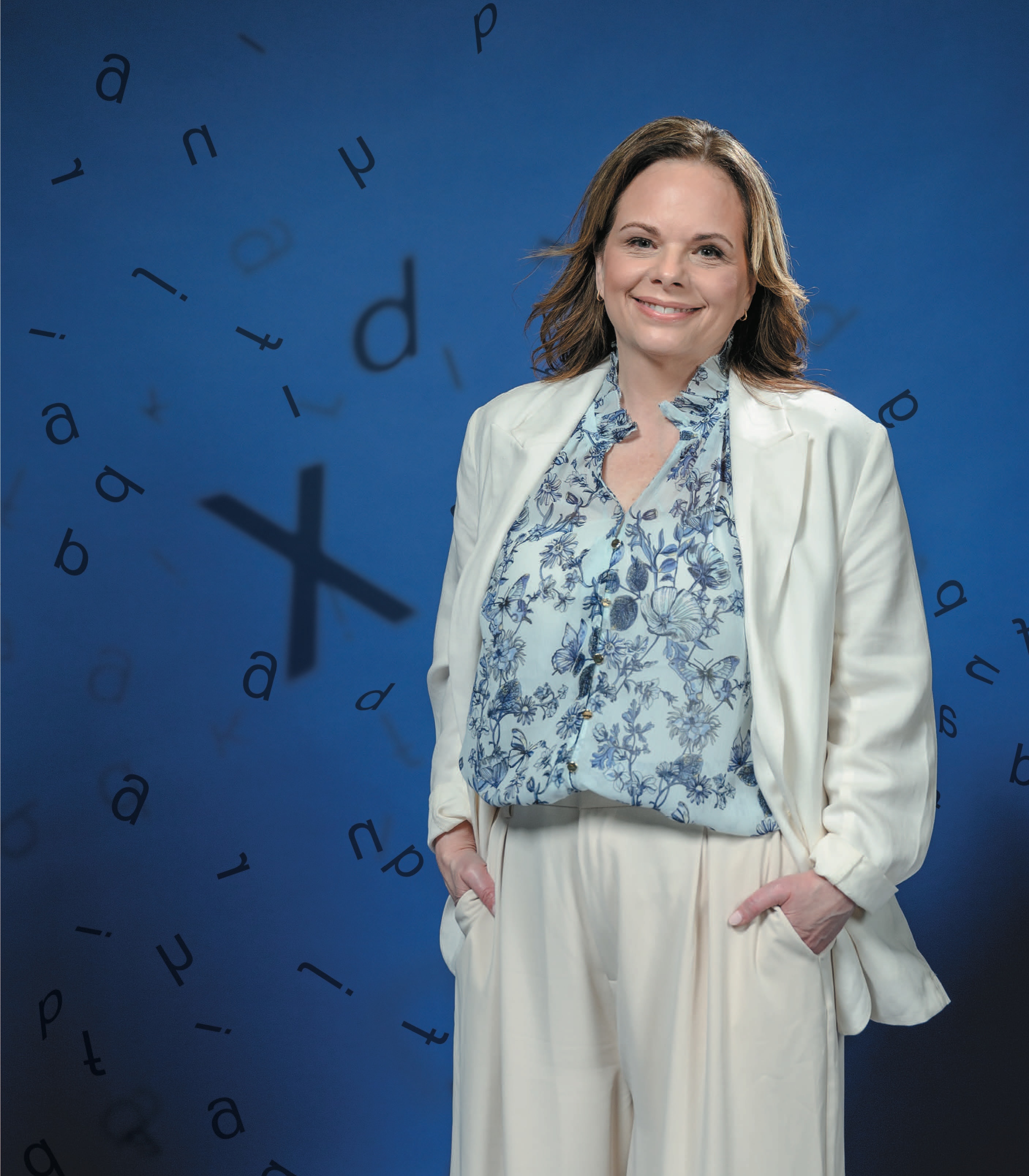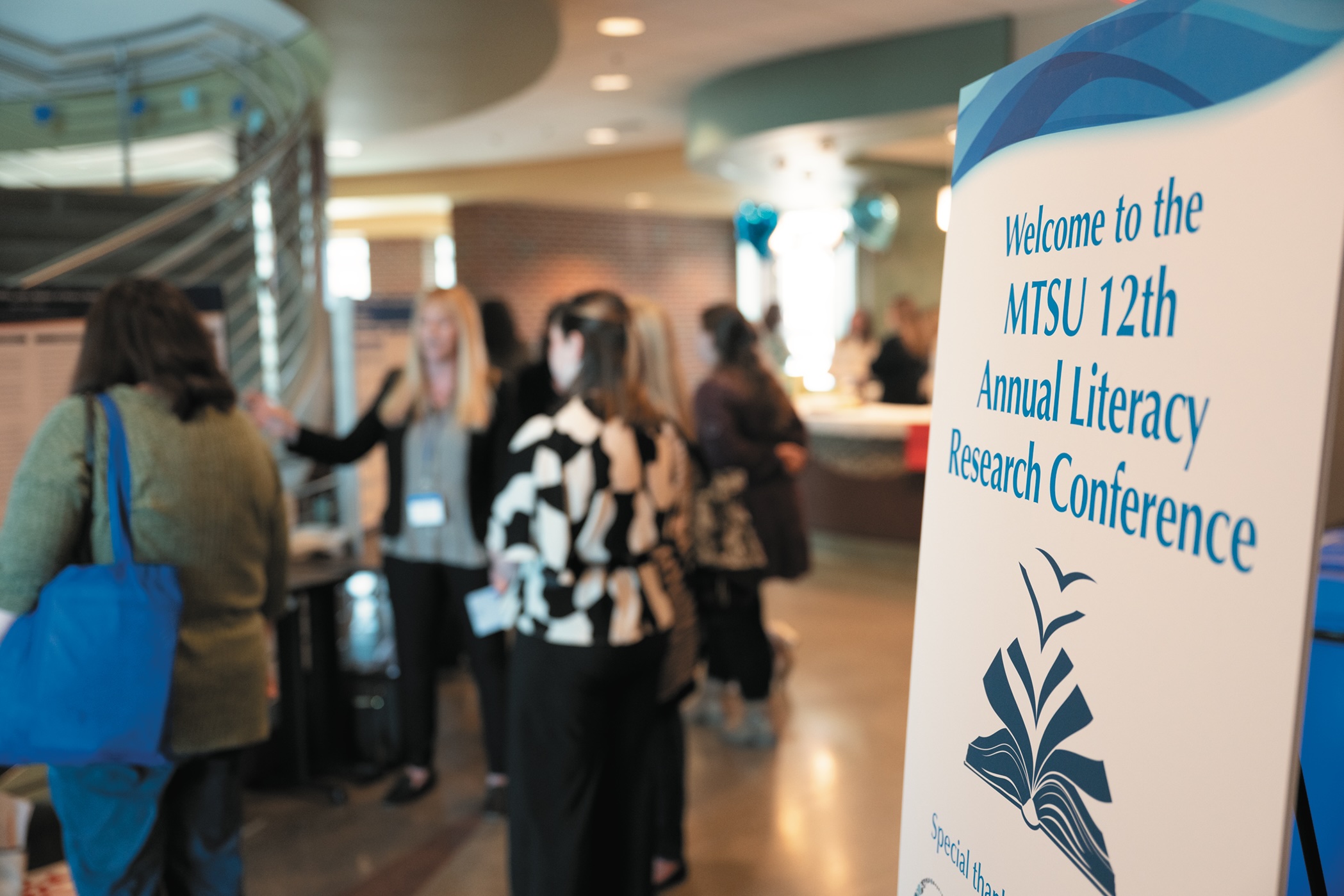
9 minute read
Winning the Reading Wars
MTSU's Literacy Studies Ph.D. program, one of the first in the country, draws national support in its quest to solve America's literacy crisis
Article by Drew Ruble
Imagine being unable to read instructions on prescriptions dispensed by a doctor or pharmacy. Or street signs as you navigate to a destination you’ve never visited.
Think about what it would be like to be unemployed but unable to read the application needed to get a job. Or even to try to enjoy karaoke on a Saturday night with friends when you simply can’t read.
According to the National Literacy Institute, 21% of U.S. adults are illiterate, while 54% have a literacy comprehension below a sixth-grade level. Those figures combine to rank the United States 36th globally in literacy.
Progress is being made in the Volunteer State. Just last year, Gov. Bill Lee announced that Tennessee students now lead the nation in reading proficiency gains thanks to our state’s “strong K–3rd grade literacy strategy,” grounded in phonics and teacher training, which he introduced in the aftermath of the COVID-19 pandemic.
“Tennessee students now have access to nationleading tutoring and summer school programs to help them achieve reading proficiency,” Lee stated. “We hired and empowered more teachers to use proven phonics-based instruction where students learn to read by sounding out words, syllable by syllable.”
54% OF U.S. ADULTS HAVE A LITERACY COMPREHENSION BELOW A SIXTH-GRADE LEVEL.
Lee’s formula aligns with what educators today believe are best practices for improving literacy rates: employing scientifically proven methods of teaching reading while also creating an army of literacy experts who can teach others what they know to be effective.
MTSU’s Literacy Studies Ph.D. program in the College of Education is specifically designed to create those experts. In doing so, it is addressing the shortage of scholars, PreK–12 leaders, nonprofit leaders, and policymakers equipped to bridge the gap between growing research in literacy and educational practice, policy, and professional preparation.

Drawing on faculty from MTSU’s College of Education, College of Behavioral and Health Sciences, and College of Liberal Arts, the interdisciplinary doctoral program is rapidly developing literacy leaders who can effectively translate research to practitioners—and it is becoming a national model along the way.
External proof of the program’s value came in 2024 when a prominent educational foundation sought out and awarded the program a sevenfigure grant to continue its work.
BUILD EXPERTISE, THEN SHARE
Amy M. Elleman, professor and director of MTSU’s Literacy Studies Ph.D. program, earned a B.S. in Psychology at the University of Maryland in Heidelberg, Germany, and an M.Ed. and Ph.D. at Vanderbilt University. Elleman’s research focuses on factors central to reading comprehension, including vocabulary, inference, and knowledge. She has expertise conducting meta-analysis and examining the efficacy of reading interventions.
“We are one of the first Literacy Studies Ph.D. programs in the nation,” Elleman said of MTSU’s program. “There are a few out there. But they are few and far between. And none have really looked at the literacy issue with our interdisciplinary lens, or really with our focus on translating research to practice in the classroom.”
Research is emerging from the program. But an equal emphasis is placed on teaching doctoral students what works in reading instruction and how to train others.
“As our graduates move into leadership roles, they are positioned to translate research to practice,” Elleman said. “And there aren’t that many doctoral programs doing that work.”

Don’t just take Elleman’s word for it, though. Last year, a large, not-for-profit foundation, which asked not to be identified for this article, discovered MTSU’s program and reached out to the University to request its participation in a grant-funded project.
The anonymous foundation funds programs nationally that are building the pipeline of teacher educators who are deeply knowledgeable about the body of research on reading and can be translators of research to practice.
Specifically, the foundation seeks to grow the number and capacity of high-quality doctoral programs in reading (like MTSU’s) across the country and to attract more candidates to those programs.
MTSU received $1 million from this foundation to develop more doctoral students who will graduate and go into high-level leadership positions of change.
Beginning in 2025, the foundation will pay tuition and stipend support for two cohorts of seven new students, paying for their entire education for four years. This will result in an additional 14 high-quality graduates ready to impact literacy education upon graduation.
In addition to Elleman, Eric Oslund, professor and chair of the Elementary and Special Education Department, and Timothy Odegard, Murfree Chair of Excellence in Dyslexic Studies and professor in the Psychology Department, serve as principal investigators on the grant.
IT’S A RARE OCCURRENCE FOR A GRANT-AWARDING BODY TO KNOCK ON YOUR DOOR . . . BUT THEY WANT TO INCREASE THE PIPELINE OF LITERACY LEADERS IN THE COUNTRY.

BRINGING NOVEL SOLUTIONS
About a third of the MTSU program’s graduates go into teacher preparation in higher education positions. A third end up in nonprofit spaces, working with community literacy centers to get kids reading. Another third end up back in leadership practices in K–12 schools, training teachers how to use evidence-based practices to improve literacy.
“That’s precisely the type of people this funding agency wanted when they set out to identify programs to support,” Elleman said of the sevenfigure grant. “MTSU perfectly fit the bill.”
She added that “it’s a rare occurrence for a grantawarding body to knock on your door and say, ‘You know, we think you’re doing good work. We’d like to talk more about what you do.’ But they want to increase the pipeline of literacy leaders in the country doing this translational work. They want high-quality individuals coming into the program. And then we want them out doing this leadership work.”
It’s not just funding agencies taking notice of MTSU’s cutting-edge program. Educators nationwide are increasingly recognizing the MTSU program’s vital role in literacy education and are reaching out to get involved.
“People are very interested in what we do because they see the importance of it,” Elleman said. “We’ve had more prospective students and experienced teachers contact us in the past year than ever before.”
A big part of the program’s appeal to professionals stems from MTSU’s interdisciplinary approach.

EDUCATORS NATIONWIDE ARE INCREASINGLY RECOGNIZING THE MTSU PROGRAM’S VITAL ROLE IN LITERACY EDUCATION.
“People are very interested in what we do because they see the importance of it,” Elleman said. “We’ve had more prospective students and experienced teachers contact us in the past year than ever before.”
A big part of the program’s appeal to professionals stems from MTSU’s interdisciplinary approach.
“We have neuroscientists with a psychology focus on our team.” Elleman said. “We have assessment people. We have educators. We have people who specialize in dyslexia or multilingual learners. So, we have a number of people with very different educational lenses working to solve this problem.
“The interdisciplinary approach is unique and is bringing novel solutions that perhaps as educators alone we wouldn’t have thought about. Our students get exposure to all of these perspectives. They work with people who have very different knowledge bases and come up with ideas that are new and even counterintuitive, offering a fresh way to look at the problem than in these silos that we’ve been in.”
To accommodate growth, the MTSU College of Education is enhancing remote instruction options. It is currently outfitting a space on campus with the technology needed to offer synchronous flex courses blending classes of students on campus with experienced teachers nationally.

“Flex is going to help us expand the program and also to get the national recognition that we’ve slowly been moving toward,” Elleman said. “These professionals want to attend MTSU because we are doing exactly what they want to do. They want to learn how to translate it and get it into other teachers’ hands, because they know they didn’t have that knowledge when they first became an educator, and they couldn’t help their students. They had to try to figure this all out on their own. And they don’t want someone to have to do that again.”
A MODEL FOR OTHERS
But MTSU can only produce so many expert educators. The program finds itself in an interesting situation where it essentially wishes to create its own competition. The literacy problem in America is so large and complex that MTSU’s program altruistically hopes it can serve as a model for other academic programs nationally to duplicate its efforts.
“We absolutely need more programs like this one,” Elleman said. “We need them in multiple arenas to solve this problem. And we need them with this interdisciplinary lens and this researchto-practice focus to change this problem. We have the research. Now, it has to make it into teachers’ hands.”
An old proverb states that “the best time to plant a tree was 20 years ago; the second best time is now.” The wisdom of the saying is that while the ideal time to start something might have been in the past, it’s still not too late to begin taking action today.
MTSU is taking massive action to solve the rampant illiteracy problem in Tennessee and across the United States. And with national organizations already spotlighting and financially supporting MTSU’s work, the actions being taken today may finally provide the answers society desperately needs.
MTSU RECEIVED $1 MILLION FROM A NATIONAL FOUNDATION TO DEVELOP MORE DOCTORAL STUDENTS WHO GO INTO HIGH-LEVEL LEADERSHIP POSITIONS OF CHANGE.


